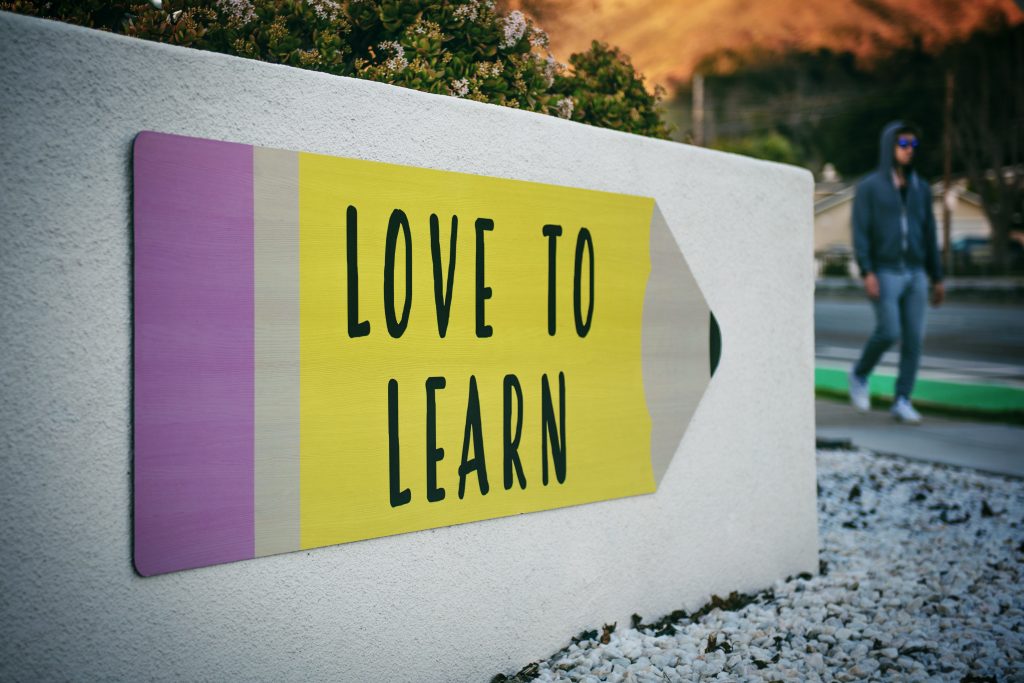The more you learn, the better your ability to learn becomes
Research shows that the brain is far more flexible than we previously thought and that learning is far more dynamic and impactful than we realize. The more we engage in learning and practicing, the more we build our ability to learn even more. The benefits of continuous learning are also cumulative in nature and the knowledge and skills gained in one area often benefit other areas. For example, learning a new language can improve written and verbal communication skills in your native language. In addition, practicing in a certain area or skill set can help you learn and retain other types of knowledge. Practicing the violin or piano can improve your memory and ability to remember things. Continuous learning can also help you maintain a competitive edge in your field by keeping up with changes and processing information better and faster.
The more ownership you take on your of personal development, the more likely you you will be engaged and motivated and as a result the more likely you will be to achieve success. Committing yourself to learning an instrument is more than just sitting in a classroom – it’s about taking ownership on the learning process itself. It’s not just “buying the book”, but putting the time and energy into reading, understanding and questioning what you read.
In order to set effective learning goals, it’s important to understand what you hope to achieve. What are the skills you currently have? What is your current level of knowledge or ability?
After you have considered the above factors, you can begin to set your goals and what is required from you to meet them.
Remember, the best learning goals are specific and measurable. It can be helpful to write your goals down. This will help you to focus your efforts and to track your progress.
Assuming you are committed to learning, take some time to review your options and find the best platform or method for you. Consider your motivation and what you hope to gain from the knowledge you acquire. Set specific, achievable goals that challenge you but are still within reach. Take action and continually monitor your progress, making adjustments as necessary. Finally, accept the results of your efforts and own the outcomes.
Here is a simple to-consider list:
- Be realistic on your time and commitment level
- Understand the tools you have and your learning options
- You are the main motivation engine
- Be clear on what you are trying to achieve
Share Success and Learn From Others
As humans, we are not meant to live in isolation. As such, environmental triggers are important to the learning process, ability and outcomes. Collaboration and sharing have always played an important role in the development of society’s ability to enrich itself with knowledge and skills. By sharing your experiences and being open to accepting other peoples’ opinions and knowledge, we become both students and teachers. Giving back knowledge creates an impact circle that enables us to grow alongside others.


